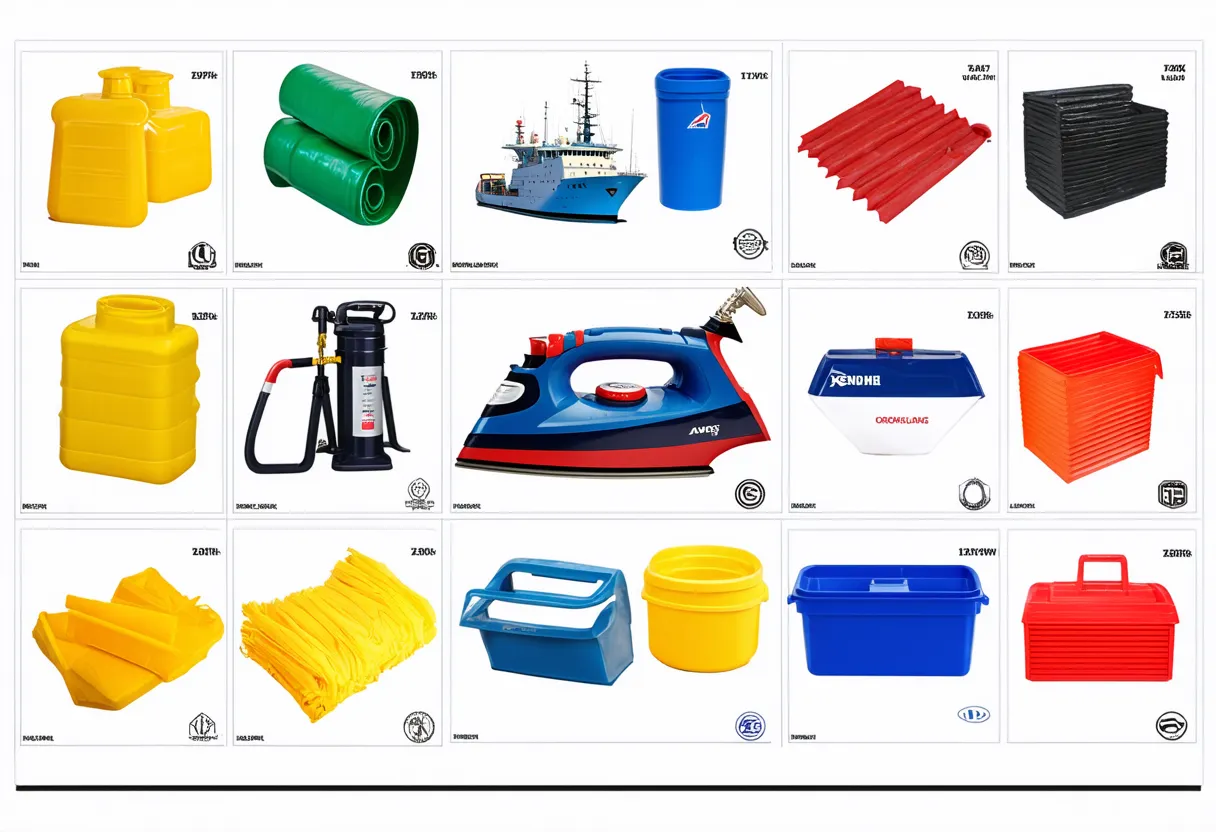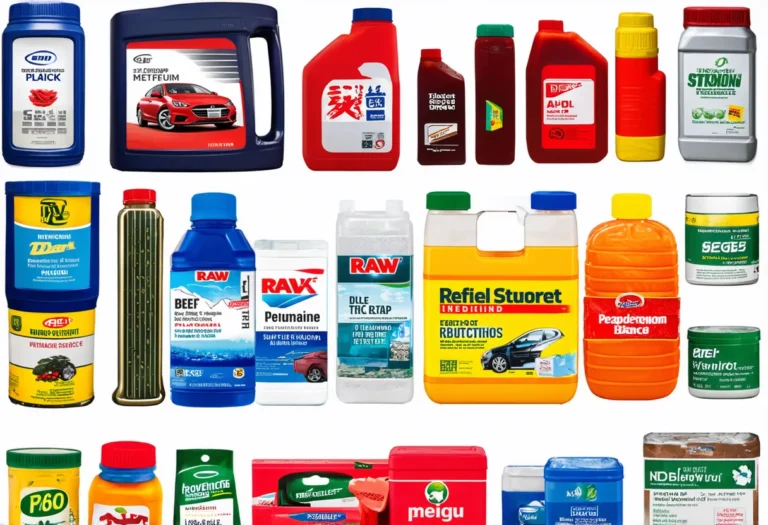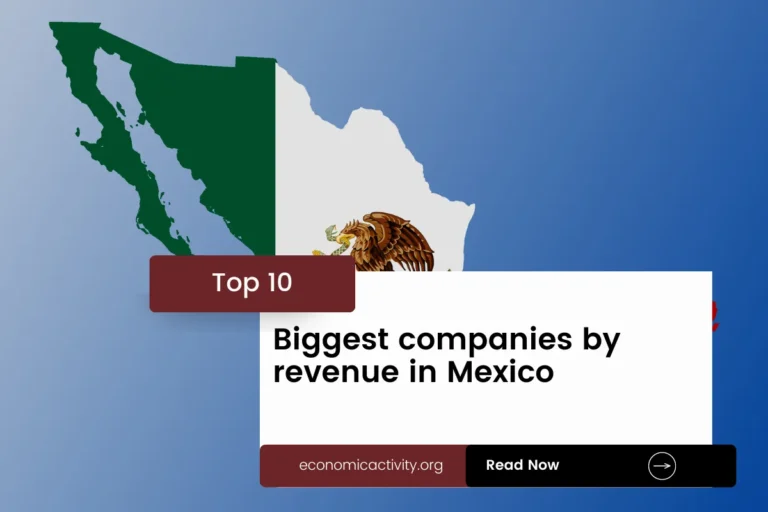Ghana, with a population of 33,475,870, is ranked 46th in the world, just behind Yemen. Located in West Africa, Ghana covers a total area of 238,530 square kilometers, ranking 79th globally, just below Uganda.
Ghana’s economic position in 2022 is stable, with a GDP of $73,766,052,451.52, ranking 76th globally. It is closely behind Sri Lanka, whose GDP stands at $74,403,578,363.44. Ghana’s GDP per capita is $2,203.56, placing it at the 145th position.
It trails behind Solomon Islands, with a GDP per capita of $2,205.25. Despite facing some challenges, Ghana’s economy shows potential for growth and development in the coming years.
What are the economic activities of Ghana?
- Primary activities: 18.3% of GDP.
- Secondary activities: 24.5% of GDP.
- Tertiary activities: 57.2% of GDP.

Primary Sector of Ghana
In Ghana, the primary sector, particularly agriculture, thrives due to its favorable climate and abundant natural resources. With 55.39% of the country’s land dedicated to agriculture, Ghana produces a variety of crops like cassava, yams, plantains, maize, oil palm fruit, taro, rice, cocoa beans, oranges, and pineapples.
Despite agriculture contributing 18.3% to the GDP, it plays a crucial role in the economy by providing employment and sustaining livelihoods. The diverse range of agricultural products highlights the sector’s significance, ensuring food security and export opportunities for the country.
Ghana’s rich geological diversity results in abundant natural resources, driving its primary sector. The country’s main resources include gold, timber, industrial diamonds, bauxite, manganese, fish, rubber, hydropower, petroleum, silver, salt, and limestone, contributing significantly to its economy.
Ghana’s oil production of around 179,890 barrels per day ranks it 23rd globally. With oil reserves of 660 million barrels, it holds 0.04% of the world’s oil reserves, further boosting its economic activity.
Ghana’s gas production of 554 million m³ in 2020 ranks it 72nd globally, further boosting its economic activity.
Secondary Sector of Ghana
What is the secondary sector or what are secondary activities?
The secondary sector involves industries that transform raw materials from primary activities into finished products for consumption. In Ghana, the main industrial products include lumbering, light manufacturing, aluminum smelting, food processing, cement production, small commercial shipbuilding, and petroleum refining. These products contribute significantly to Ghana’s economy and export market.
In 2023, Ghana’s manufactures exports accounted for only 5.99% of the total exports, indicating their relatively limited significance in the country’s export sector.
Tertiary sector of Ghana
What is the tertiary sector or what are tertiary activities?
The tertiary sector in Ghana encompasses services where individuals contribute knowledge and time to enhance productivity and meet various needs. This sector deals with intangible goods such as advice, expertise, and attention, catering to both consumers and businesses. Main tertiary activities in Ghana include healthcare, education, banking, communication, tourism, transportation, and security services.
Of particular importance, Tourism is a pivotal sector for Ghana’s economy, contributing significantly to GDP and employment. With over 1.1 million annual arrivals, popular destinations like the historical castles in Cape Coast and Kumasi’s vibrant markets attract visitors worldwide, driving economic growth and cultural exchange.
Another example of tertiary economic activity is the mobile cellular sector, with approximately 40 million subscriptions, equating to about 120 per 100 inhabitants. This extensive connectivity fosters technological growth, enabling innovation and digital services.
Military Activities and Economic Sectors of Ghana
The military is a good example of how different economic activities work together. In the primary sector, resources are extracted for military needs. The secondary sector involves making military equipment. The tertiary sector includes services like training and support. The quaternary sector focuses on research and development for better technology. Finally, the quinary sector deals with high-level decisions and strategies for the military.
In Ghana, the military expenditure for 2023 is 285.4 million US dollars, which is 0.35% of the country’s GDP. The active military force has 15,500 personnel, resulting in 0.6 active military members for every 1,000 people in the population.
Biggest company in Ghana
Which is the biggest company in Ghana? The largest company is Standard Chartered Bank Ghana, with a market value of $0.19 billion. It operates in the banking industry, which is part of the tertiary sector. Standard Chartered Bank was founded in 1894, providing financial services to many.
International Trade of Ghana
Import Activities of Ghana

Ghana’s high import activities, accounting for 35.69% of GDP, are crucial for economic growth, consumer access, and global trade integration.
Ghana’s key import activities include refined petroleum, plastic products, garments, coated flat-rolled iron, and ships. Major import partners are China (41%), Netherlands (7%), India (5%), US (5%), and Cote d’Ivoire (4%).
Exports Activities of Ghana

In 2023, Ghana’s total exports amounted to $16,874,662,286.13, constituting 34.90% of its GDP. This high export contribution underscores the vital role of export activities in driving economic growth and stability in the country.
Ghana’s export activities focus on gold, crude petroleum, cocoa beans, and various nuts. The country’s top export partners are the UAE, Switzerland, the US, India, and China, with key commodities being gold, crude petroleum, cocoa beans, and a variety of nuts.
Ghana economy challenges in 2024
In 2024, Ghana faces economic challenges despite past growth. Debt restructuring and fiscal reforms are ongoing under an IMF program. Maintaining financial stability and curbing inflation remain top priorities for the West African nation.




Leave a Reply